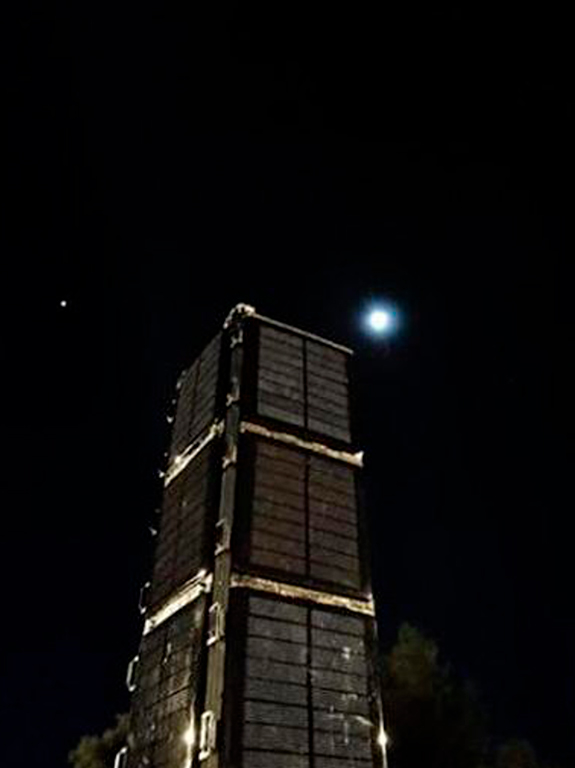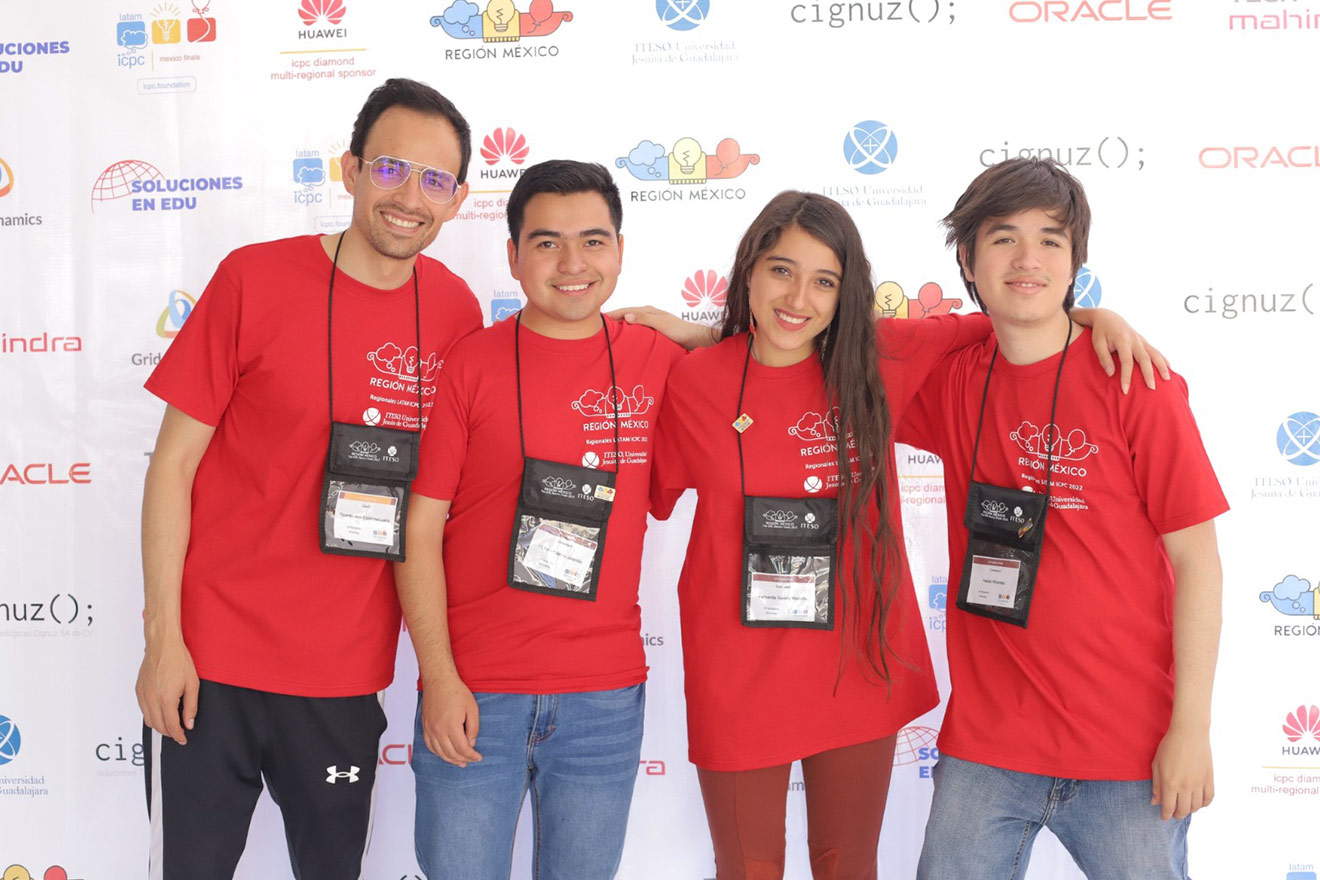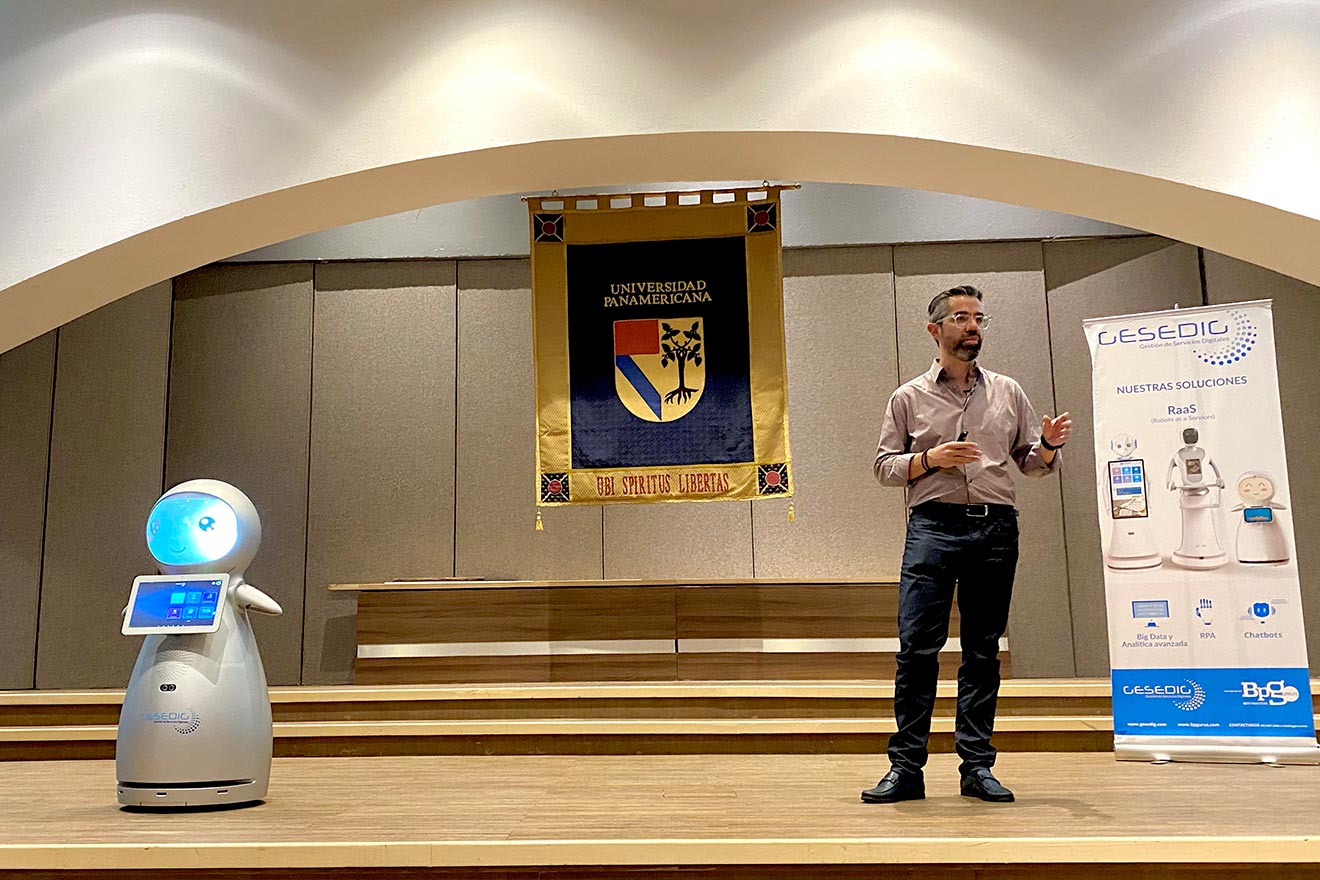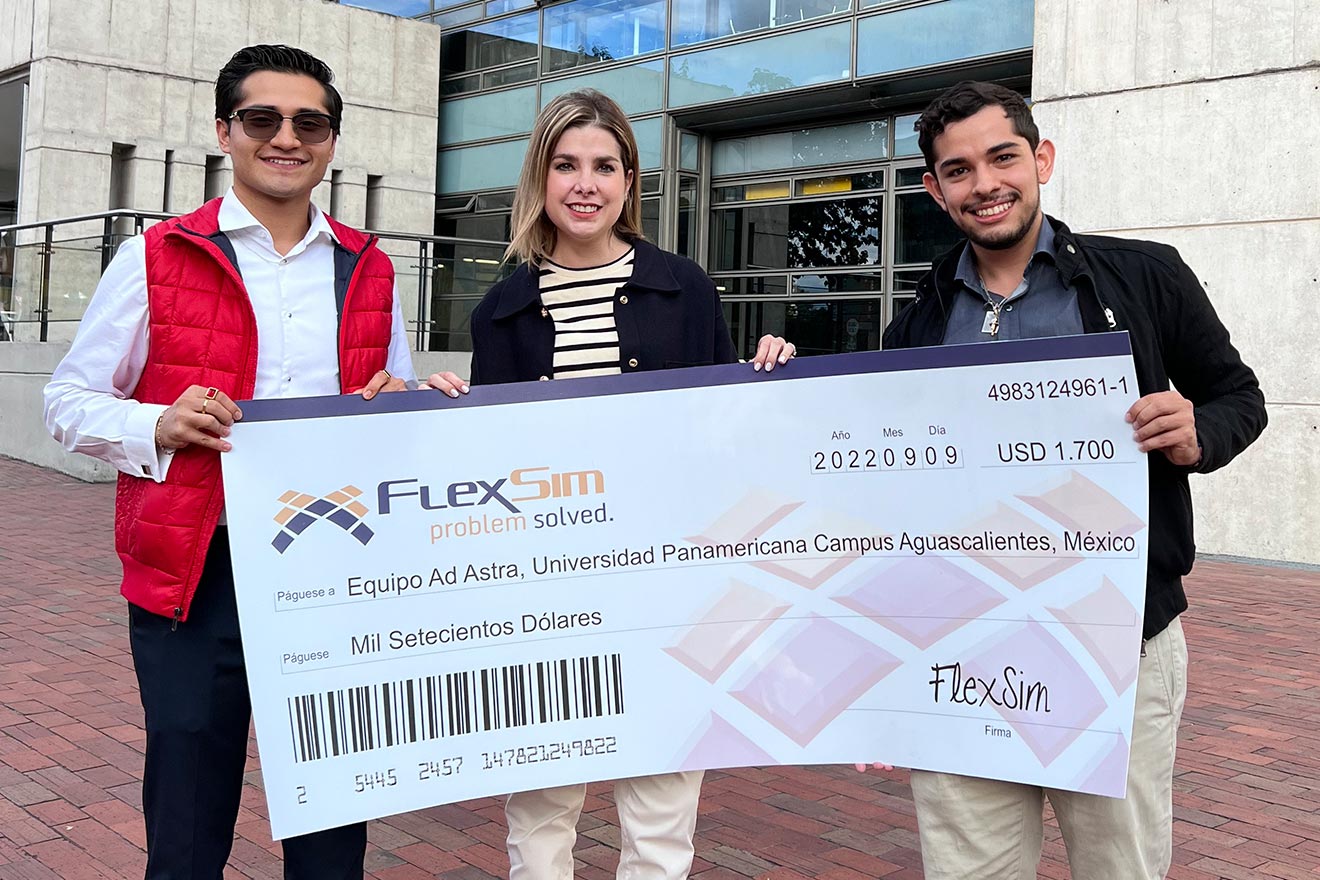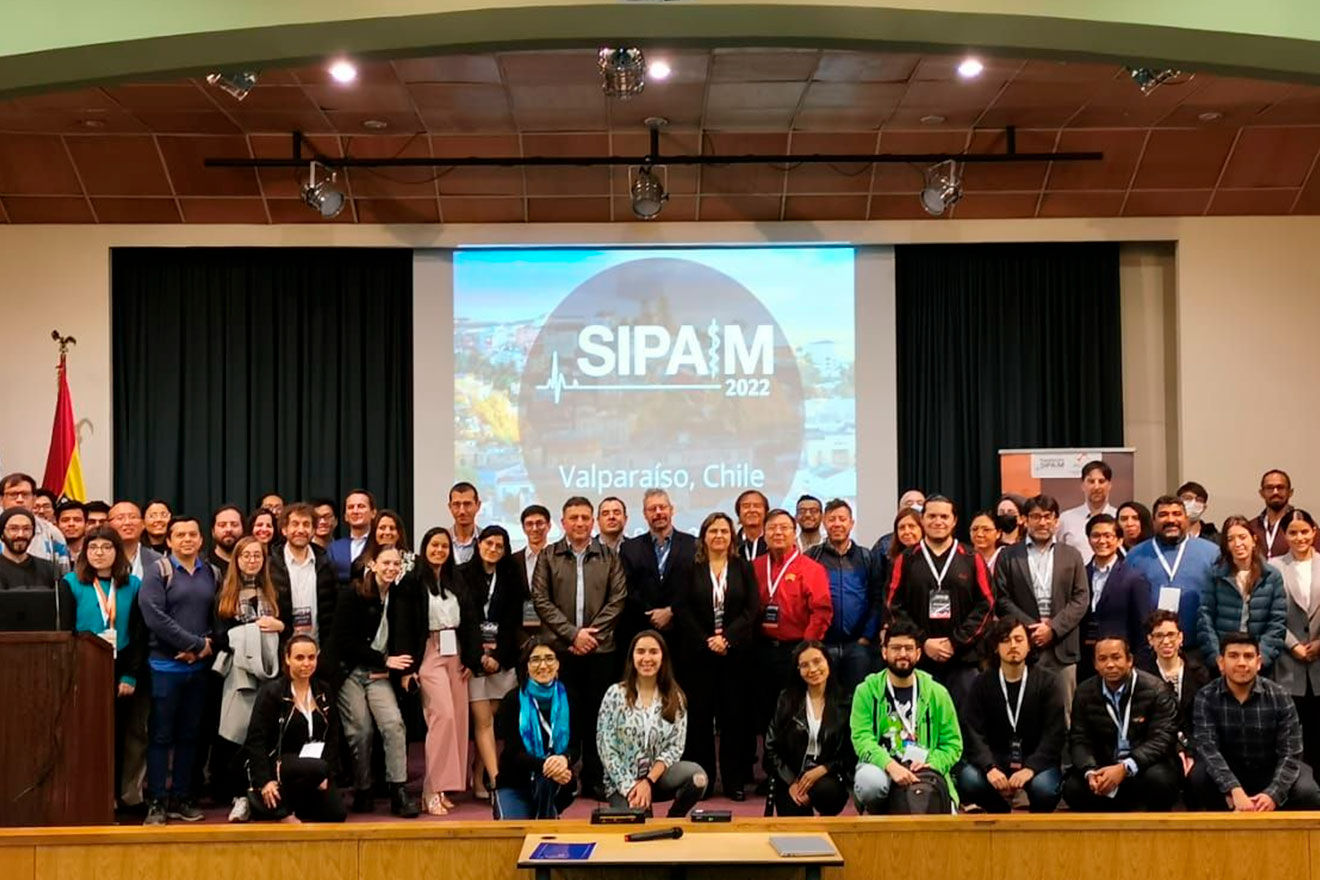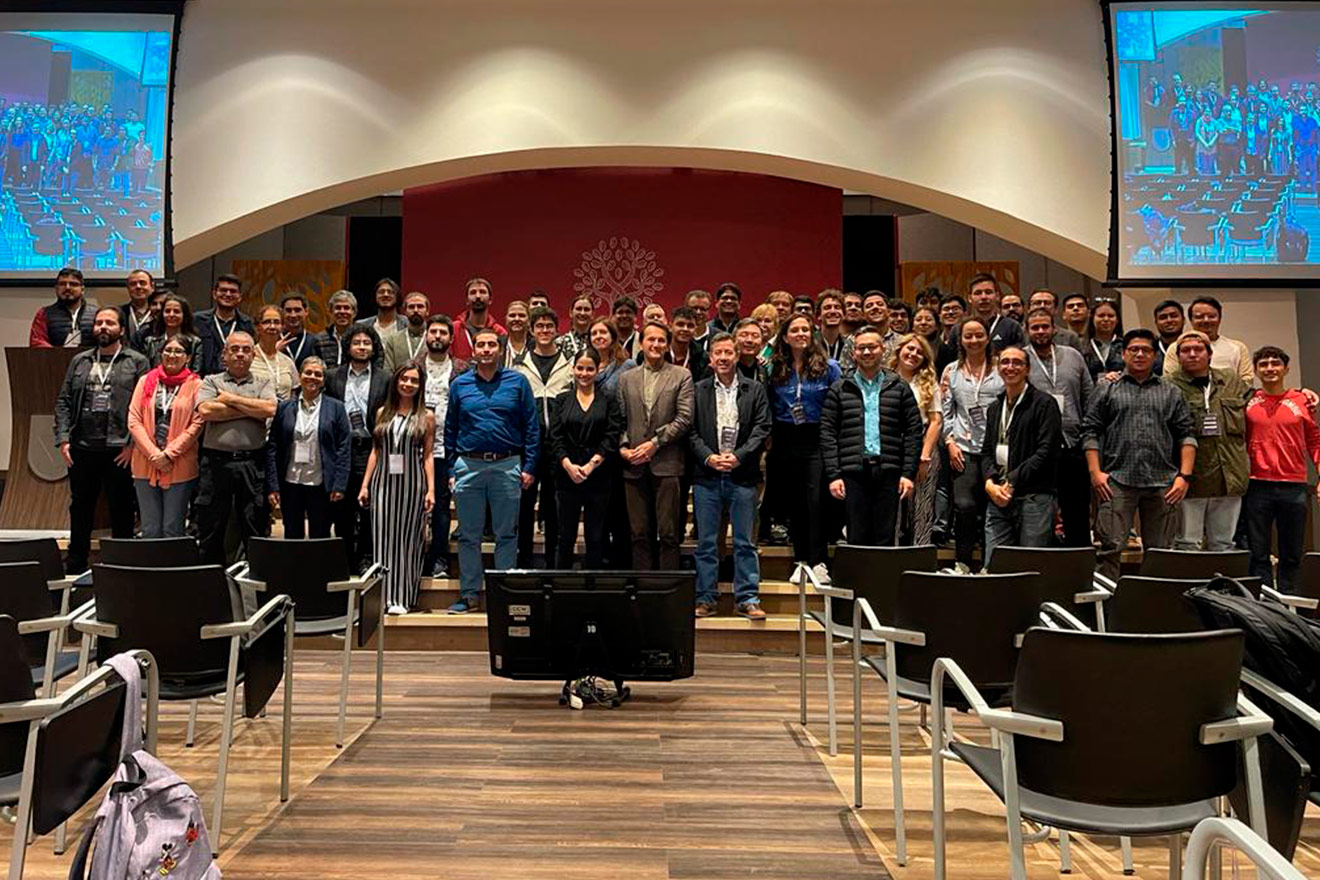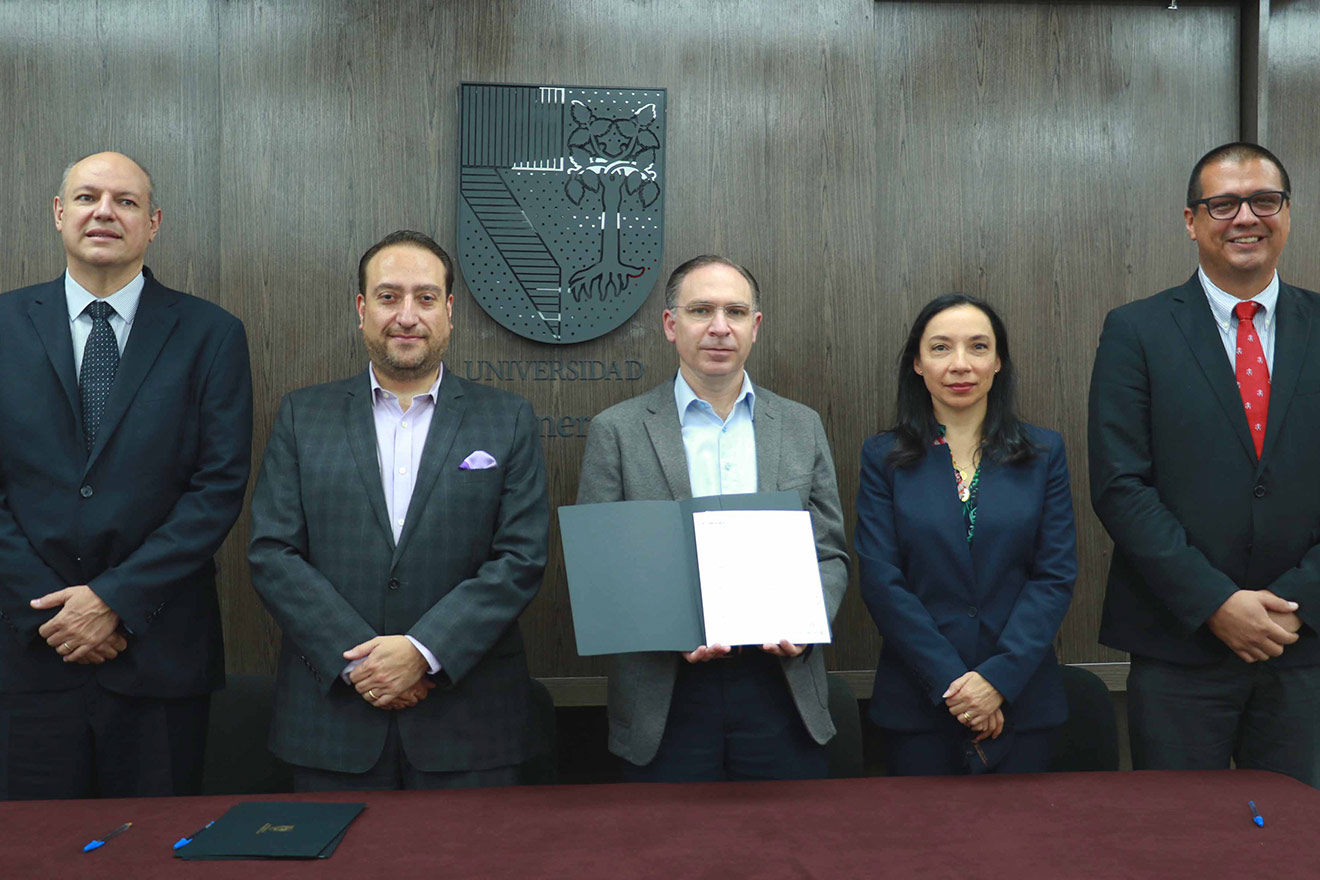Zapopan, Jalisco; October 5, 2023.- With the intention of encouraging innovation and motivating space exploration on campus, the Talent Faculty Center, in collaboration with the School of Engineering and Colibri Project of the Universidad Panamericanaorganized a conference in which Octavio Flores Correa, founding partner of the Mexican Space Agency AEXA, organized a conference in which Octavio Flores Correa, founding partner of the Mexican Space Agency AEXAshared with enthusiasm the company's achievements and vision in the aerospace field.
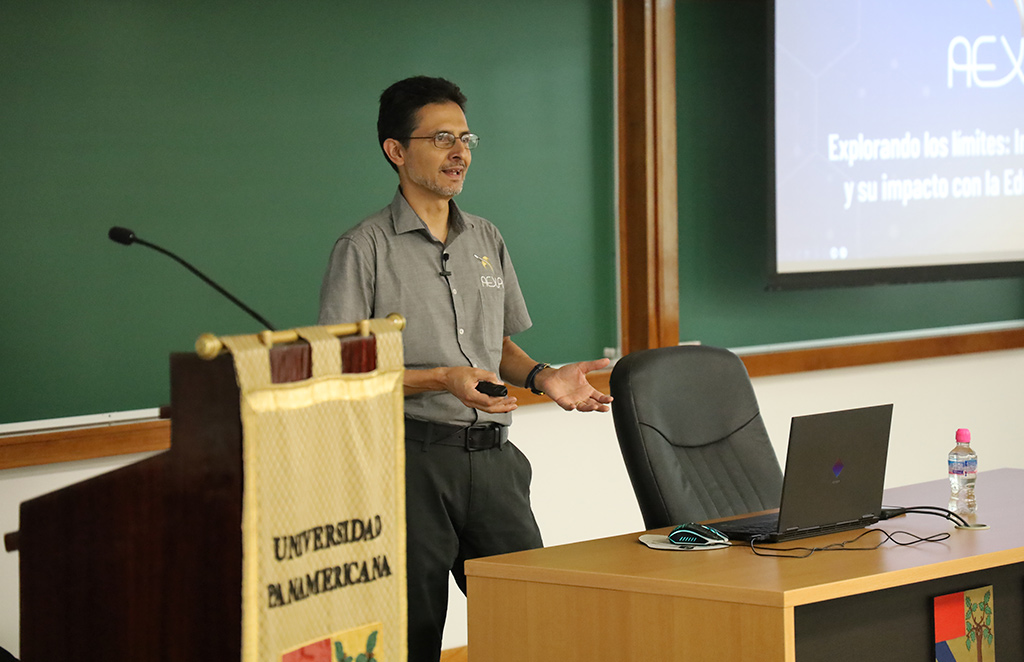
Key leaders
Octavio began his talk by highlighting the importance of complementary team building and introduced the three key partners of AEXA: Fernando de la Peña, Guillermo Pérez and himself.
High Level International Collaboration
AEXA, a private company that has been in operation for six years, has forged significant relationships with renowned space agencies, including NASA and Japan's YAXA.
Inspiring Future Scientists and Astronauts
One of AEXA 's most outstanding achievements is its International Air and Space Program, designed to bridge the technology gap by giving young people from different parts of the world the opportunity to experience space technology up close. More than 600 students from countries such as Bolivia, Venezuela, Russia and Lebanon have participated in this program, which includes simulator training, workshops and simulated zero-gravity experiences.
Diversification in Advanced Technology
In addition to its aerospace focus, AEXA has ventured into the medical field, developing cutting-edge technologies such as the Da Vinci robot for remote surgery, customized prostheses and 3D printed cancer treatments.
Partnership with NASA
Collaboration with NASA is one of AEXA's prides, being a supplier to the U.S. space agency and participating in high-profile projects such as the MISSE Module, which allows experiments and electronic prototyping in space.
Shaping the Next Generation
The company has also left an important footprint in education, involving students in aerospace projects. Notable cases include Obed Badillo, who began his aerospace career at age 13 and now works with SpaceX, and Nathalie Bilchis, selected for the Jet Propulsion Laboratory (JPL) and assigned to a drilling project on the surface of Europa, a moon of Saturn.
Octavio Flores' talk highlighted AEXA 's impact in the aerospace and medical industry, collaborating with renowned contractors such as NASA, the U.S. Air Force, Lockheed Martin and more. They have been able to significantly reduce training times in these critical fields.
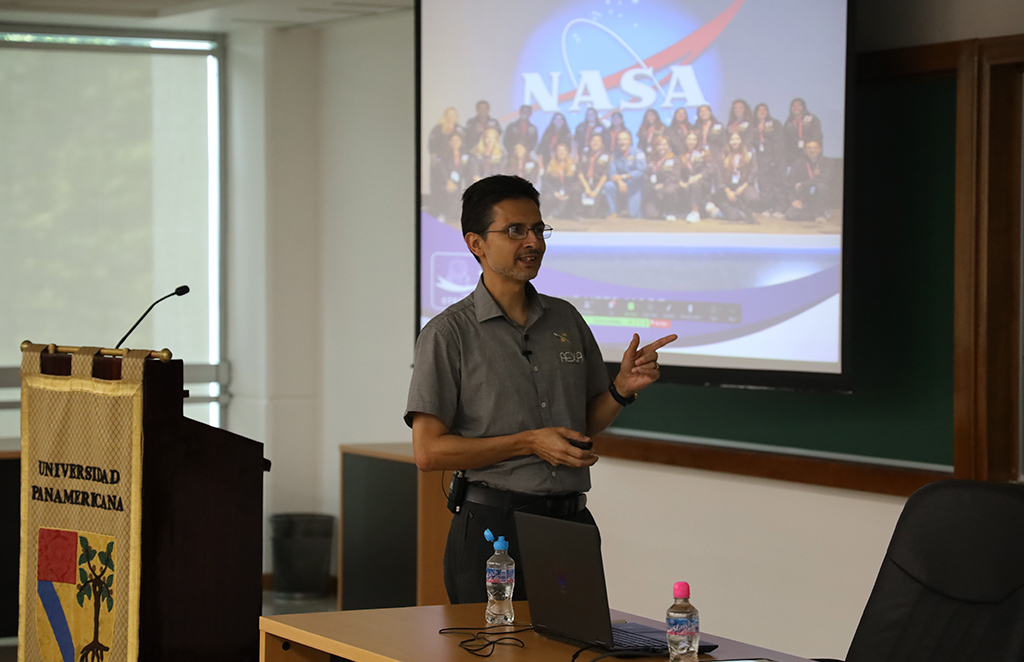
Innovation in Space Communications
The challenges of space communications were also a relevant topic, given the hostile environment of outer space. AEXA is working on innovative technologies, such as the TactClove, to improve the space experience and has been awarded for its innovation by NASA.
The company is also involved in the exciting Artemis Mission, where 3D printing has become a key technology to harness lunar resources and generate water, oxygen and hydrogen on the Moon.
Octavio Flores' talk concluded with an inspiring message to students: "Study, prepare and never give up." His visit highlighted the importance of education and innovation in space exploration and technological development.
Misión Colibrí
This experience has left an impression on the university community and has generated expectations for future collaborations in the field of space science and technology such as the Colibri Mission that Panamericana is currently working on. It is the first Mexican mission for the design, development, construction and launch of a 3U CubeSat, designed and developed by students from various careers; initiated in 2018, in alliance with the Jet Propulsion Lab (JPL) the MIT, and with the cooperation and advice of NASA and the Mexican Space Agency (AEM).
This mission is working on the design of a payload (payload carried by a satellite on a space mission composed of components capable of generating data) that is responsible for measuring atmospheric density from a simple optical system. This system is composed of a test mass describing a disturbance-free geodesic orbit.
The importance of Misión Colibrí lies not only in the impact of the satellite results and achievements, but also in the new community of Mexican students involved in the growth of the aerospace industry within our country with hands-on experience. We extend our sincere thanks to Octavio for his openness and support in visiting Universidad Panamericana.
